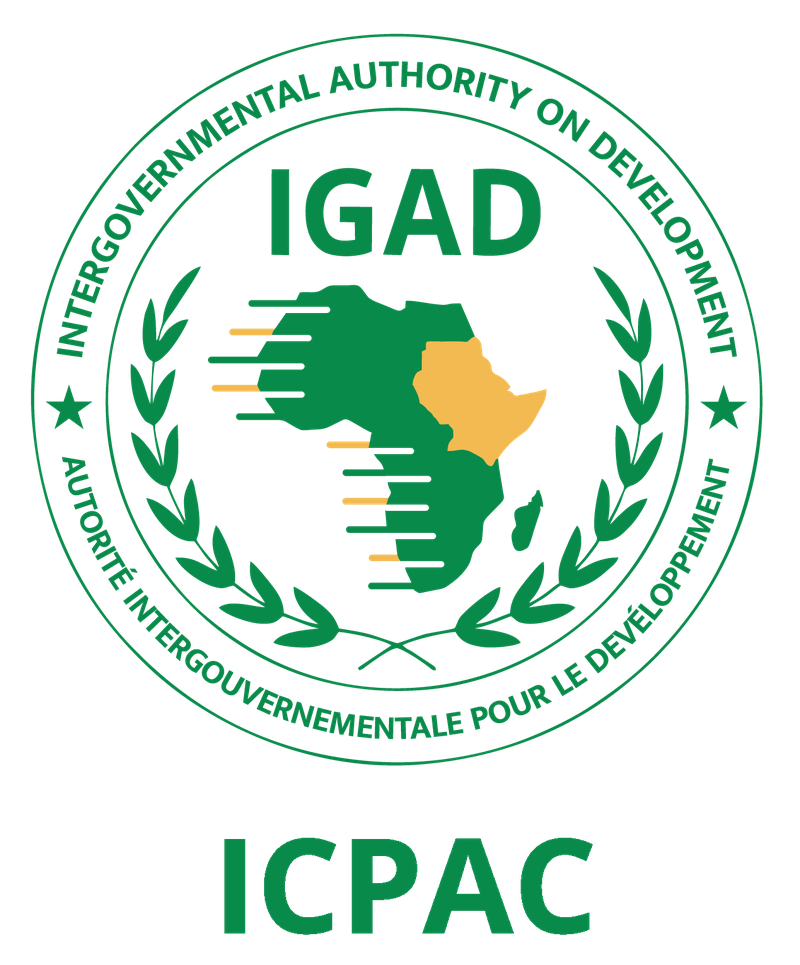IGAD Ministerial Meeting on Ongoing Drought
Immediate scaled-up humanitarian response is needed

13 May 2022, Nairobi, Kenya: Today, a high-level ministerial meeting on the on-going drought in the IGAD region took place in Nairobi at the invitation of IGAD’s Executive Secretary, Dr Workneh Gebeyehu. Ministers responsible for Disaster Risk Management in Djibouti, Kenya, Somalia, South Sudan, and Uganda were joined by donors and international development actors to take stock of the situation, assess the immediate humanitarian needs, long-term resilience programming, and gaps in funding across the region.
In his opening remarks, Dr Gebeyehu said: “In the 3 weeks that have passed since we issued the last warning, the numbers of our brothers and sisters in need of humanitarian assistance has risen sharply. The most current estimates by experts across our Member States shows that across the IGAD region, approximately 40.4 million people are facing high levels of food insecurity. This is an increase of 30% from the 29 million that had been recorded at the beginning of April.”
IGAD estimates that 8.1 million people are food insecure in Ethiopia, 3.5 million in Kenya, 7.7 million in Somalia, 8.9 million in South Sudan, 10.6 million in Sudan, and 1.6 million in Uganda.
Addressing regional governments and international partners, Dr Gebeyehu reiterated the “call for an immediate increase of the emergency response, with a specific appeal for a total of 6.3 billion US Dollars, to address the drought situation in the region”. All in attendance agreed that the next six months are extremely critical to saves lives and livelihoods.
Dr Guleid Artan, Director of IGAD’s Climate and Applications Centre (ICPAC) explained that “for pastoral communities, recovery after drought is always the most challenging aspect of the entire scenario. It takes on average 5 years to build livestock back from one episode of drought. So, imagine the situation these people find themselves in after four consecutive failed seasons? No one anywhere in the world can prepare for this”.
In their communiqué, IGAD Member States acknowledged the severity of the situation and called to look beyond immediate assistance and rethink the region’s approach to resilience. The strategy adopted today highlights the need “to comprehensively address the disasters and climate risks through effective Disaster Risk Reduction actions for sustainable development, namely”. This was echoed by the attending partners - EU, IFRC, FAO, WFP, USAID, UNDP, UNOCHA, World Vision.
- End -
Notes to editors:
ICPAC provides climate services to IGAD member states (Djibouti, Ethiopia, Eritrea, Kenya, Somalia, South Sudan, Sudan, and Uganda), plus Burundi, Rwanda, and Tanzania. Each month, ICPAC's scientists collect global climate data and localize it to the region. This information is analyzed to assess the implications of the forecast on different sectors (agriculture and food security, water resources, disaster risk management, environmental monitoring, climate change).
Key resources
- East Africa Hazards Watch
- East Africa Drought Watch
- Remarks by IGAD Executive Secretary Dr Workneh Gebeyehu
- IGAD Communique Ministerial Drought 13 May 2022
Media requests
Director of IGAD Climate Prediction and Applications Centre (ICPAC)
- Wawira Njoka: IGAD Climate Centre (ICPAC), wawira.njoka@igad.int
- Nicolas Bellet: IGAD Climate Centre (ICPAC), nicolas.bellet@igad.int
IGAD Executive Secretary
- Nuur Sheekh: nuur.sheekh@igad.int
- Mahamed Abdullahi: mahamed.abdillahi@igad.int
